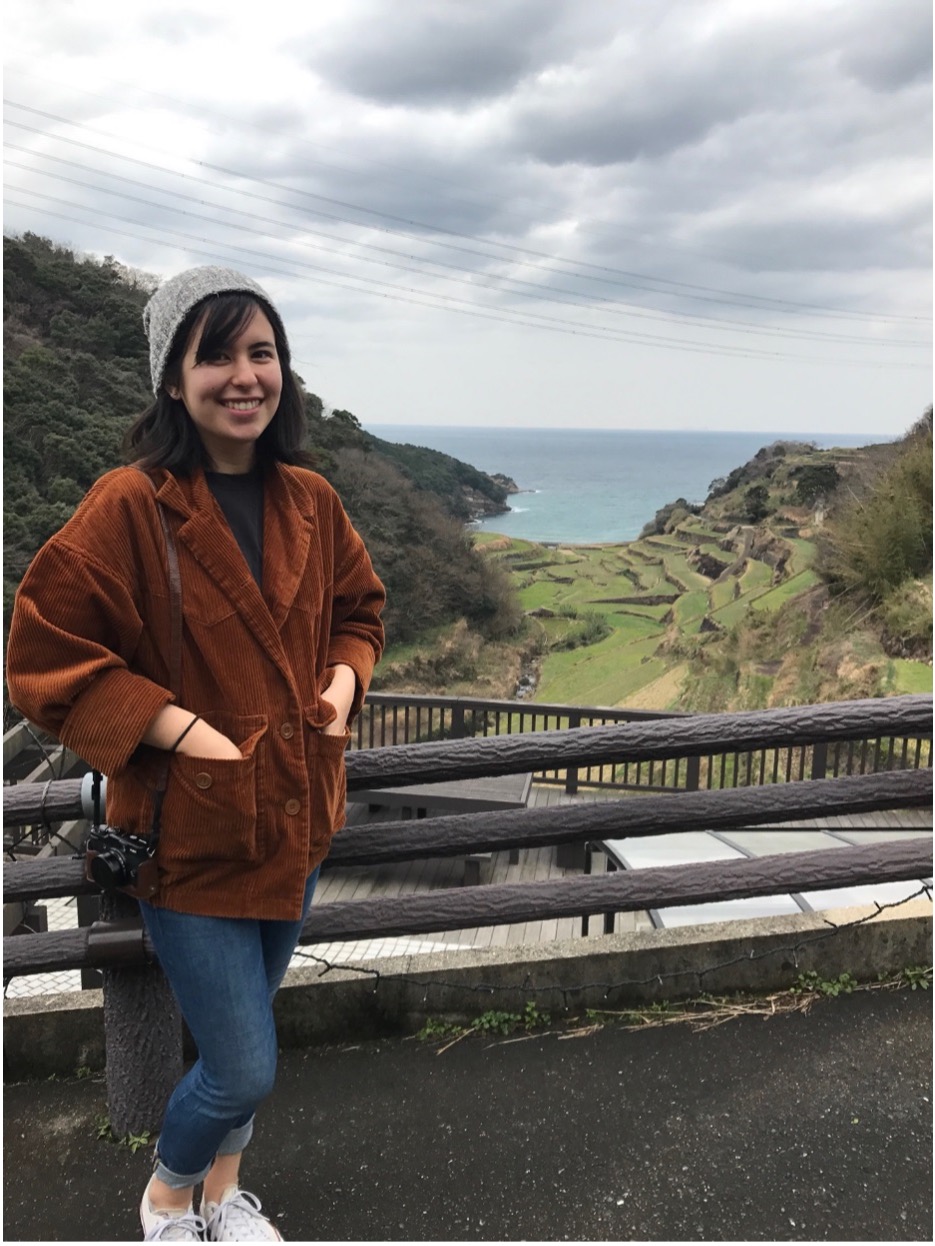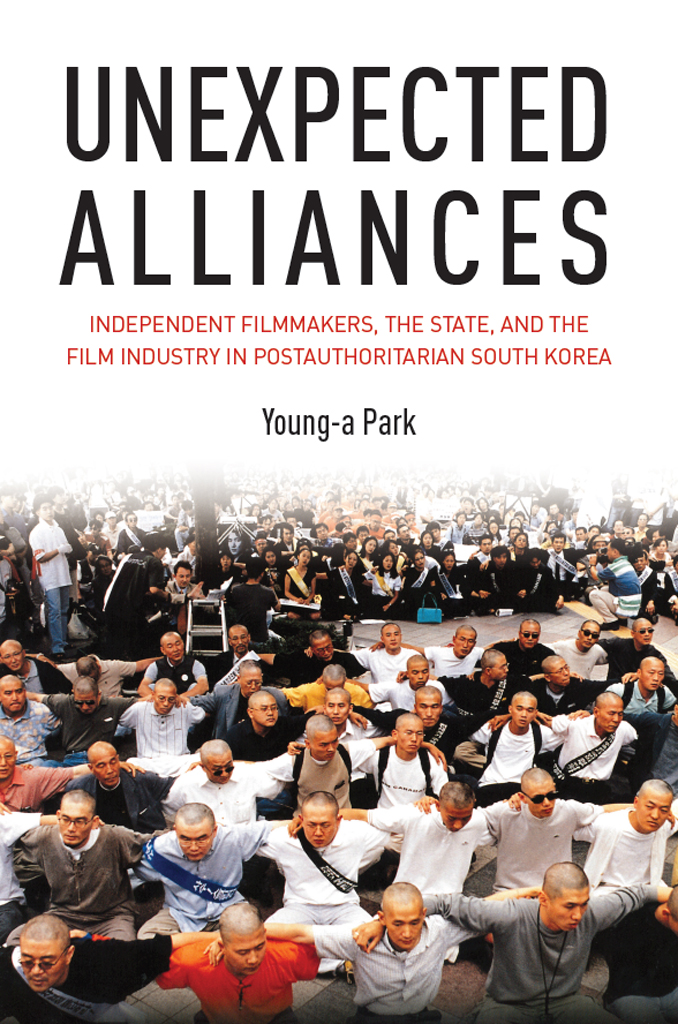Educational Background
- Ph.D. Anthropology, Harvard University, 2006
- M.A. Anthropology, Seoul National University, 1995
- B.A. Anthropology, Seoul National University, 1993
Young-a Park is an Associate Professor and the Graduate Chair of the Asian Studies Program.
Specializations
Professor Park’s book entitled Unexpected Alliances: Independent Filmmakers, the State, and the Film Industry in Postauthoritarian South Korea was published in 2015 by Stanford University Press. The main question that she tackles in her book is the following:
Since 1999, South Korean films have dominated roughly 40 to 60 percent of the Korean domestic box-office, matching or even surpassing Hollywood films in popularity. Why is this, and how did it come about? In Unexpected Alliances, Park seeks to answer these questions by exploring the cultural and institutional roots of the Korean film industry’s phenomenal success in the context of Korea’s political transition in the late 1990s and early 2000s. The book investigates the unprecedented interplay between independent filmmakers, the state, and the mainstream film industry under the post-authoritarian administrations of Kim Dae Jung (1998–2003) and Roh Moo Hyun (2003–2008), and shows how these alliances were critical in the making of today’s Korean film industry.
During South Korea’s post-authoritarian reform era, independent filmmakers with activist backgrounds were able to mobilize and transform themselves into important players in state cultural institutions and in negotiations with the purveyors of capital. Instead of simply labeling the alliances “selling out” or “co-optation,” this book explores the new spaces, institutions, and conversations which emerged and shows how independent filmmakers played a key role in national protests against trade liberalization, actively contributing to the creation of the very idea of a “Korean national cinema” worthy of protection. Independent filmmakers changed not only the film institutions and policies but the ways in which people produce, consume, and think about film in South Korea.
In addition to her Korean film industry research, she is conducting a new line of research on North Korean refugees in South Korea. She plans to explore North Korean refugees’ strategies in obtaining cultural membership in South Korea and the formation of new transnational migrant identities.
Courses
- ASAN 320K: Asian Past and Present: Korea.
- ASAN 420: Korean Cinema.
- ASAN 491K: North Korean History and Culture.
- ASAN 600K: Approaches to Asia: Korea.
- ASAN 695: Plan B Culminating Experience.
- ASAN 750K: Research Seminar in Asian Studies.
Selected Publications
- Preparation for submission. Limits of Belonging: An Ethnography on North Korean Defectors in South Korea (expression of interest from Stanford U. Press, University of Hawai‘i Press, and Routledge).
- In preparation for submission. “The Representations of North Korean Food: North Korean Refugee Politics, Nostalgia, and Meaning Making in South Korea.
- Under Review. “The Construction of North Korean Defector Subjectivity in Neoliberal South Korea.” Anthropological Quarterly.
- “North Korean Migrants in South Korea: ‘Multicultural’ or ‘Global” Citizens?” Korean Studies 44: 123-148, 2020.
- “Changing Representations of the Urban Poor in Korean Independent Cinema” (First author, co-authored with Do-Hoon Lee and Keith Wagner). Special Issue, “Beyond Hallyu,” Quarterly Review of Film and Video 34(4): 361-378, 2017.
- “Unexpected Alliances: Independent Filmmakers, the State, and the Film Industry in Post-authoritarian South Korea.” Stanford University Press, 2015.
- “New Activist Cultural Production: Independent Filmmakers, the Post-authoritarian State, and New Capital Flows in South Korea.” Gi-Wook Shin and Paul Chang (eds.). Korean Social Movements: From Democracy to Civil Society. Routledge, 2011.




